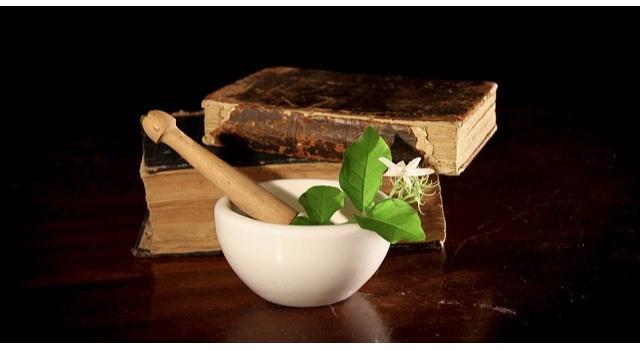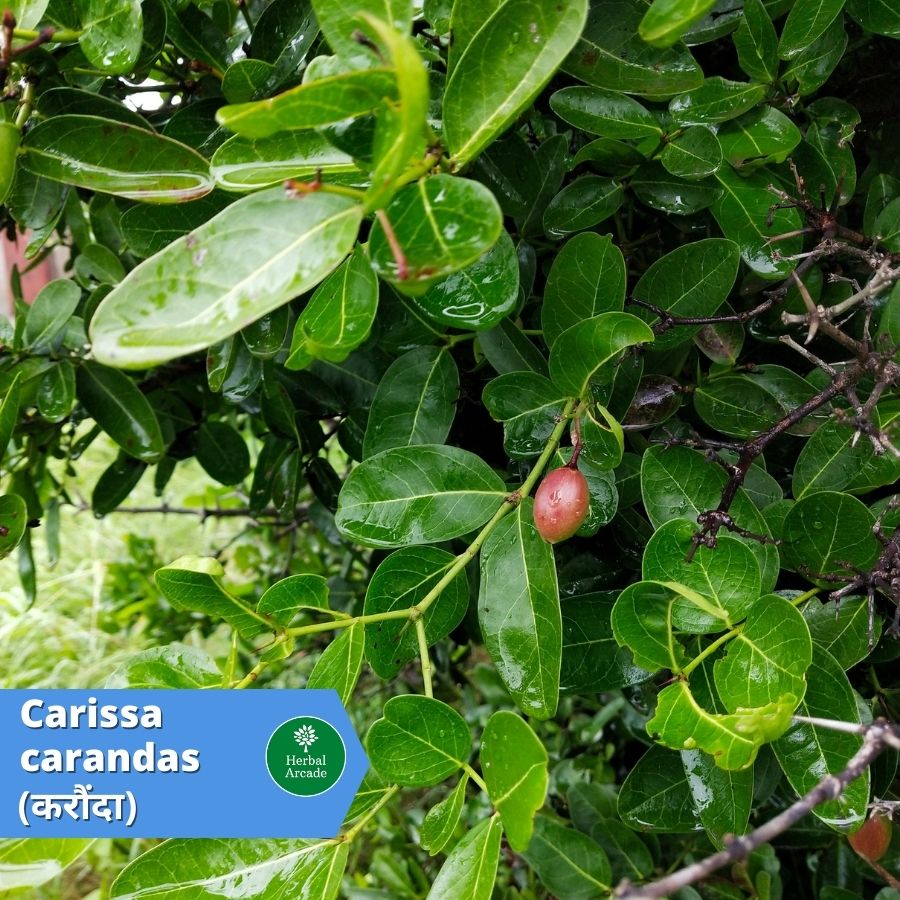Whether you’re interested in natural remedies for skincare, wellness, or overall health, learning how to create herbal remedies can be a rewarding and empowering experience.
In this guide, we’ll cover the basics of selecting and preparing herbs, creating different types of herbal remedies, and tips for storing and using them.
Whether you’re a beginner or have some experience with herbalism, this FAQ will help you on your journey to creating your own herbal remedies.
Let’s get started!
How do I start creating herbal remedies?
Start by doing research on different herbs and their medicinal properties.Look for reliable sources such as books, reputable websites, and herbalists to learn about the benefits and uses of various herbs.
How to find high-quality herbs for remedies?
Look for reputable herbal suppliers or local farms that grow organic herbs.
Ensure that the herbs are responsibly sourced and free from pesticides or other harmful chemicals.Some herbs can be bought in bulk from local health food stores. Check with staff to learn how the herbs are sourced.
What are some common herbal remedies I can make at home?
Some common herbal remedies you can make at home include herbal teas, vinegars,tinctures, salves and infused oils.These can be used to treat various ailments such as colds, muscle soreness, and skin irritations.Popular herbs used to make these types of remedies are echinacea, garlic, chamomile, peppermint, ginger, lavender and St. John’s Wort.
How do I properly store my herbal remedies?
Store your herbal remedies in a cool, dark place to maintain their potency and effectiveness.Use airtight containers to prevent moisture, light, and air from degrading the herbs.This is done because herbs are susceptible to oxygen, heat and light so you want to protect them as much as possible. This is the same reason that you don’t want your dried herbs next to the stove – keep them in a cupboard instead.
What are the safety considerations for creating herbal remedies?
It’s important to research and understand the potential side effects and interactions of the herbs you are using. Also, be cautious when using certain herbs during pregnancy, breastfeeding, or for children.If you are taking medications, it’s even more important to be aware of any interactions with herbs. Herbs are natural but they are also very powerful
How can I learn more about herbal medicine and remedies?
Take courses or workshops on herbal medicine from reputable teachers or schools. You can also join herbalist forums or groups to connect with experienced practitioners and gain knowledge from their experiences.Join the Herbal Journey here on the Herbal Collective site to learn more at a low cost.Learn more about courses, eguides and other products in the Herbal Collective store.
What are some resources for finding recipes and information on herbal remedies?
There are many books, websites, and blogs dedicated to herbal medicine and remedies.Look for reputable sources such as Herbal Medicine: Expanded Commission E Monographs or Rosemary Gladstar’s Herbal Recipes for Vibrant Health book for reliable information and recipes.there are many recipes and remedies published on the Herbal Collective blog and in the Herbal Collective magazine online.The magazine is included with your membership to an Herbal Journey – which provides current and back issues to the publication as well as a guide on gardening with herbs, herbs for health and using herbs in the kitchen for foods and beverage.


